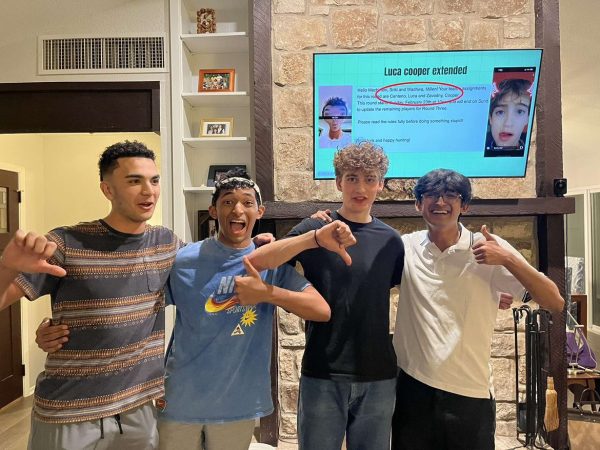The new deal of the internet
As someone who loves literature, I’ve learned to accept that humans have stayed more or less the same. Books written in the 1850s remain applicable to today, and even John Locke would probably agree that Bella from Twilight doesn’t belong with Edward. While civilizations and societal expectations may fluctuate, natural human tendency stays the same. As such, it’s entertaining to compare the sociology of different generations, analyzing how each unique circumstance constitutes what happened during a certain period of time.
With this in mind, I enjoy pondering the contrasts of my own generation. The Internet’s instant access to a nearly infinite plethora of knowledge clearly affects my peers, but how? What I first noticed is that since the Internet has become an integral facet of our lifestyles, the purpose and significance of that power depends on each individual.
Though information may diffuse rapidly, we see only what we want to see, which serves as both the globalized world’s greatest asset and detriment. We possess an impressive authority over an expansive collection of knowledge, a privilege that has never existed until now. However, as with all increases in sovereignty, the consequences of our decisions have also grown more influential.
In the past, available knowledge depended on our predisposed society. If we were born in a small town in the 1900s, our education would be restricted to creationism and basic cursive. People were inherently limited in what they could and could not perceive. Today, our environments no longer inhibit our intake of knowledge — we do.
The past may have only provided a specified accumulation of ideas, but this allowed people to determine their own mindsets because people could only consider so much. All the data we’ve garnered and distributed now rests as a responsibility for all of us to discern, an obligation that I believe many of us choose to ignore. Our level of intelligence remains simplistic when we don’t consider fact checking online arguments or questioning the quality of bias journalism.
The influx of data an interconnected world presents comes with no particular direction or standard. Understandably, this collection of cultures, information and ideas will seem overwhelming to anyone without a concise morality, especially for developing teenagers. So how do we, as future citizens, configure our own ideals?
Fortunately, we can uphold the same two principles which previously enabled people to replace their weak morals due to limited sources of knowledge. Through humility and passion, we may derive a more coherent path from such a new, subjective world. The humility to admit the flaws of our own beliefs accompanied with the passion to actively augment those conceptions will allow us to utilize the Internet to achieve our own agendas rather than being victims of its emotional, chaotic nature.
In exchange for the freedom to surround ourselves with the media we desire, we must carefully dictate the value of our surroundings. Each choice we make has a price. It’s your life, so spend it wisely.






King Salmonella • Sep 10, 2015 at 10:26 am
Neato.